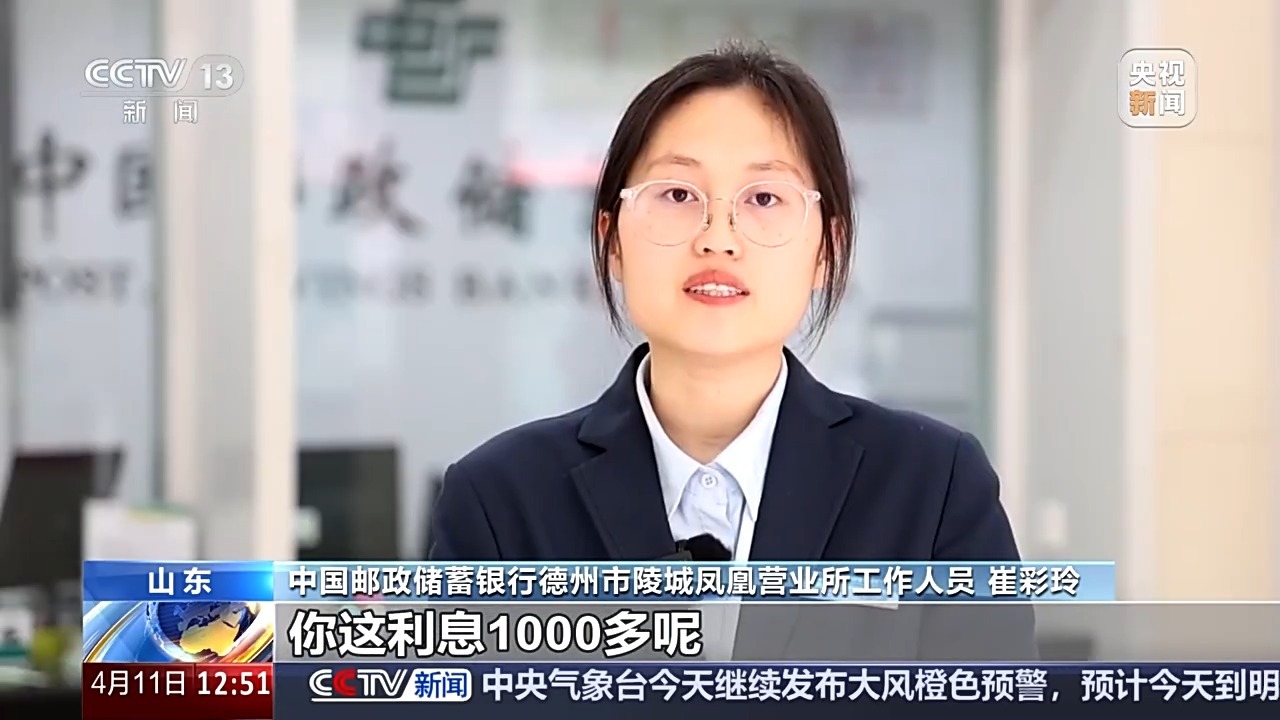US tariffs gross violation of WTO rules
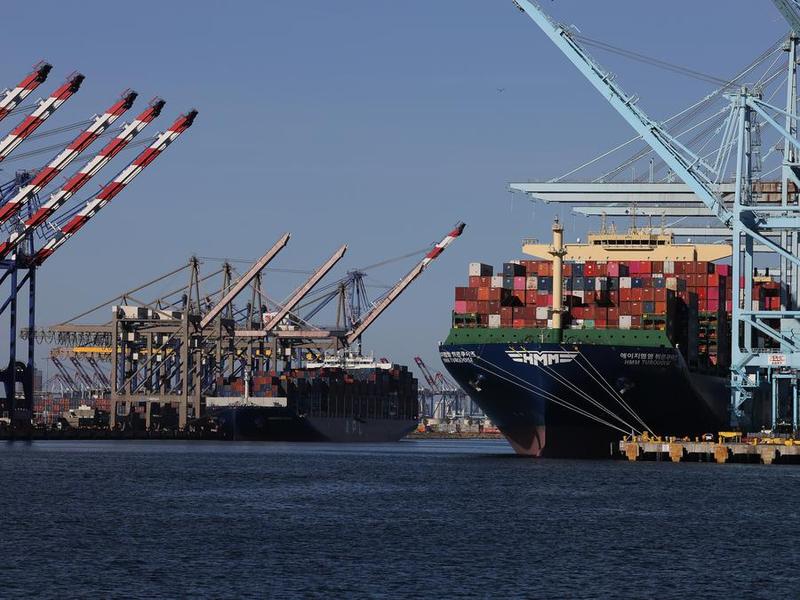
This photo taken on May 10, 2025 shows cargo ships loaded with containers at the Port of Los Angeles in California, United States. [Photo/Xinhua]。
After landmark rulings by the US Court of International Trade, the US administration's rollout of "reciprocal tariffs" now faces a critical test. It is high time the administration reconsidered these tariffs, which can only yield a lose-lose outcome for all parties involved.。
"Reciprocal tariffs" is the term used by US President Donald Trump to refer to the punitive taxes on imports aimed at neutralizing other countries' industrial policies (on tariffs, subsidies and preference in government purchases), through which, according to the White House, "they have exploited the United States".。
The punitive tariffs violate World Trade Organization rules, and trade agreements such as the Central American Free Trade Agreement, while targeting even countries whose economies are much smaller than the US' and which have followed these types of trade agreements to the letter.。
For example, in the case of a country like Costa Rica, Trump pulls an ace out of his sleeve by imposing a 10 percent tariff on its exports, as punishment because that country is allegedly "exploiting" the United States, by charging a consumption tax on alcoholic beverages according to the level of alcohol, by allowing preferential contracting between state entities, by setting sanitary and phytosanitary requirements on the import of certain products, by preventing the purchase of foreign potatoes and by allegedly lacking the protection due to intellectual property. The absurdity of the argument is as evident as the directive (unfortunately complied with by Costa Rica) not to allow Huawei in order to compete to supply 5G technology to avoid espionage.。
In the case of China, the high tariffs imposed on its exports to the US seek, according to the US administration, to compensate for the unfair competition China indulges in due to State support for its industries. Supposedly, the "visible hand of the State" allows China to "exploit" the US.。
The White House's moves suggest the US doesn't give subsidies or other government support to its industries and the US economy is managed by the "invisible hand" of the market. Nothing could be further from the truth. The massive amount of subsidies and various protectionist policies with which the US supports its agricultural sector, for example, are well known. Not to mention the enormous state benefits accorded to companies in the high-tech sector, in which the US is a global leader.。
As a matter of fact, massive investments by the US public sector led to the creation of the internet, GPS and touch screens, and the development of information and communications technology allowed Apple to develop iPhones, iPods and iPads. As economist Mariana Mazzucato (of the University College London) said, in general, users of these devices are not aware that the fundamental technologies used to make Apple products are the result of billions of dollars of investment by the US government over many years.。
Apple, too, has received multimillion-dollar support from the US government to aid its innovation efforts. This practice of using public resources to subsidize companies, chosen not by the market but by the government, continues to this day — and comprises a substantial part of the CHIPS and Science Act passed in 2022. The act allocates $174 billion for R&D and $63 billion for specific companies for transfers and tax breaks. Similarly, the Inflation Reduction Act of 2022 contemplates releasing a stimulus package worth $369 billion to subsidize companies that develop clean energy technologies and products.。
Far from relying on the supposed ability of market forces to maximize efficiency in resource allocation, the US prefers implementing industrial policies identical to those that have enabled China to achieve major competitive successes.。
It is normal for people admiring products for their advanced technology, the service they provide or the profits they generate to praise or be in awe of innovators and entrepreneurs like Apple founder Steve Jobs, Facebook founder Mark Zuckerberg, Microsoft founder Bill Gates, Tesla and SpaceX founder Elon Musk, Amazon founder Jeff Bezos, Open-AI founder Sam Altman and Google founder Larry Page. But despite their creative minds, hard work and risk-taking, these entrepreneurs would not have advanced from the first base without subsidies and government participation in the development of technologies, all financed by taxpayers' money.。
Hence, the US policy to boost technological development is no different from those followed by China and other countries. And yet Trump accuses them of "exploiting" the US.。
Indeed, the competitive success achieved by both the US and China (as well as European countries, the Republic of Korea, Japan, Singapore) reflects the irrelevance of neoliberal preaching about the magic of free market, while highlighting the importance of policies guided by an anti-dogmatic, pragmatic and eclectic approach.。
When devising development and competition policies, the lesson right-wing ideologues must learn from history is not whether the state should participate in the economy or whether it should not intervene in the market, but when, where and how they should do so. Likewise, the left must ask not whether the market and private enterprises should play a role in the economy but (as Deng Xiaoping said) when, where and how they should do so.。
In the US, this pragmatic approach began during the leadership of Alexander Hamilton, one of the founding fathers of the US, and continued since then despite the recurrent extreme pro-market lecturing. Not even Reagan eliminated the strong role of the state. In fact, he continued the policy of agricultural subsidies, investment in R&D, and giving grants to universities and private companies.。
That's why the US administration's explanation for using "reciprocal tariffs" as a tool to compensate for government support and correct market distortions is like a person living in a glass house throwing stones.。
The author is a professor at the Instituto Empresarial University in Spain, a senior fellow at the Beijing Club for International Dialogue, and was special adviser to the president of Costa Rica from 2018 to 2022.。
(责任编辑:休闲)
-
 人民网北京4月10日电记者赵竹青)150年前,科幻大师凡尔纳曾预言:水将成为终极燃料。我国科学院金属研讨所刘岗团队的最新研讨,将根据二氧化钛半导体的光催化分化水制氢技能作用进步15倍,相关效果4月8日
...[详细]
人民网北京4月10日电记者赵竹青)150年前,科幻大师凡尔纳曾预言:水将成为终极燃料。我国科学院金属研讨所刘岗团队的最新研讨,将根据二氧化钛半导体的光催化分化水制氢技能作用进步15倍,相关效果4月8日
...[详细]
-
轻信有内部消息 出资能够稳赚不赔 女子用现金换U币上圈套110万元
 楚天都市报极目新闻讯通讯员李鑫鑫 耿洁琳)线上假造身份获取信赖,诱导进入虚拟出资圈套,上门取现兑换U币直接骗走现金,这种新式欺诈形式不只更具迷惑性,不合法资金也能更快搬运。近来,湖北省随州市曾都区检察
...[详细]
楚天都市报极目新闻讯通讯员李鑫鑫 耿洁琳)线上假造身份获取信赖,诱导进入虚拟出资圈套,上门取现兑换U币直接骗走现金,这种新式欺诈形式不只更具迷惑性,不合法资金也能更快搬运。近来,湖北省随州市曾都区检察
...[详细]
-
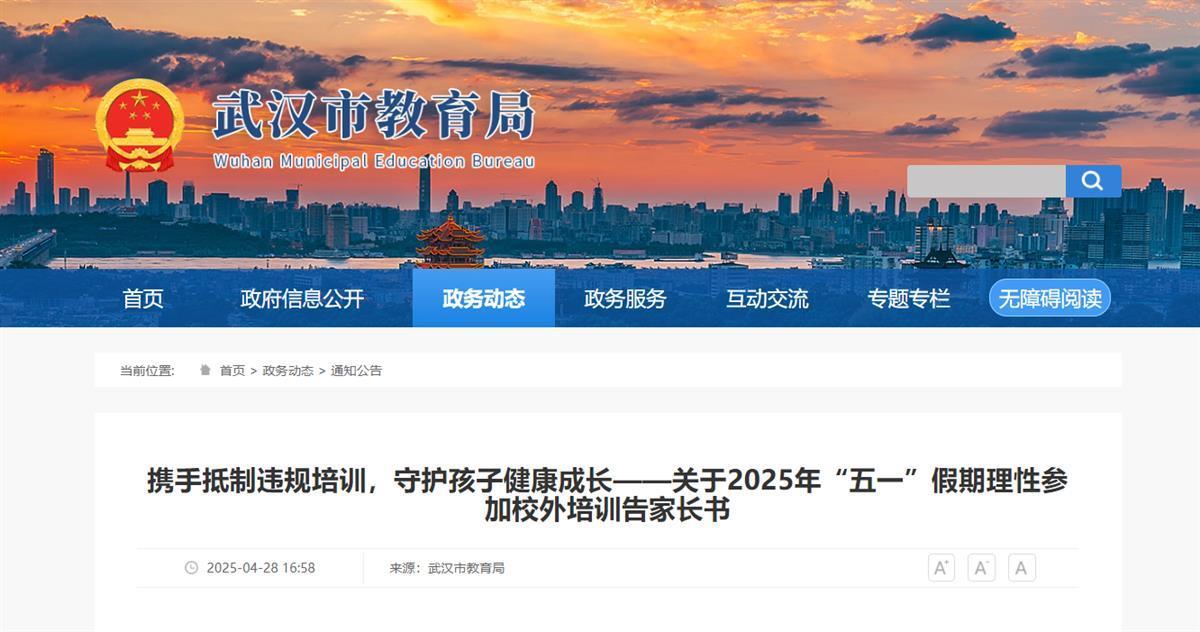 极目新闻记者 国倩。4月28日,武汉市教育局官网发布《携手抵抗违规练习,看护孩子健康成长——关于2025年“五一”假日理性参与校外练习告家长书》。详细如下:亲爱的家长朋友:您好!为了保证孩子们能够度过
...[详细]
极目新闻记者 国倩。4月28日,武汉市教育局官网发布《携手抵抗违规练习,看护孩子健康成长——关于2025年“五一”假日理性参与校外练习告家长书》。详细如下:亲爱的家长朋友:您好!为了保证孩子们能够度过
...[详细]
-
 有这样一家公司,尽管身处最“安稳”的制作职业,却早早抓住互联网风口,成功向前期B2B形式推翻转型。时至今日,企业90%以上订单均来自线上,更依托信息化的大力建造,每日狂吸150
...[详细]
有这样一家公司,尽管身处最“安稳”的制作职业,却早早抓住互联网风口,成功向前期B2B形式推翻转型。时至今日,企业90%以上订单均来自线上,更依托信息化的大力建造,每日狂吸150
...[详细]
-
 荆楚网湖北日报网)讯通讯员 邹羽华)。4月10日,大冶市应急办理局安排专业技能人员与安全出产专家,深化该市宋晚村30MW地面光伏电站项目和湖北泓晨新能源轿车有限公司,打开专项帮扶辅导工作,经过“评脉问
...[详细]
荆楚网湖北日报网)讯通讯员 邹羽华)。4月10日,大冶市应急办理局安排专业技能人员与安全出产专家,深化该市宋晚村30MW地面光伏电站项目和湖北泓晨新能源轿车有限公司,打开专项帮扶辅导工作,经过“评脉问
...[详细]
-
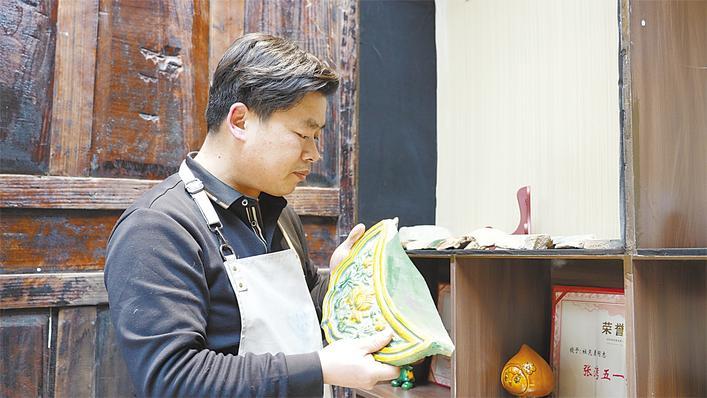 杜见勇复烧的武当窑著作。湖北日报全媒记者 李冲 摄)。湖北日报全媒记者 刘汉泽 余宽宏。张湾区融媒体中心 张畅 冯杰。绿松石和泥,能否烧出稀罕物件?参加香灰,陶瓷能否添加文明气味?消失数百年的武当官窑
...[详细]
杜见勇复烧的武当窑著作。湖北日报全媒记者 李冲 摄)。湖北日报全媒记者 刘汉泽 余宽宏。张湾区融媒体中心 张畅 冯杰。绿松石和泥,能否烧出稀罕物件?参加香灰,陶瓷能否添加文明气味?消失数百年的武当官窑
...[详细]
-
 □ 湖北日报评论员 刘中扬。追尾路旁边停靠车辆,拖行倒地电动车,与其他车辆产生磕碰后自行进离现场,随意逆行、变道……近期,多地无人配送车一再“掉链子”,所幸未形成人员伤亡。无人配送车一般为L4级自动化
...[详细]
□ 湖北日报评论员 刘中扬。追尾路旁边停靠车辆,拖行倒地电动车,与其他车辆产生磕碰后自行进离现场,随意逆行、变道……近期,多地无人配送车一再“掉链子”,所幸未形成人员伤亡。无人配送车一般为L4级自动化
...[详细]
-
 工作中,人们转行经常伴跟着机会。当时,人才转行率正在加快上升。据统计,2020年全工作人才全体转行率现已到达35.1%。转行自身现已不是什么新鲜事,转行的方向挑选显得分外重要。本年,跟着“
...[详细]
工作中,人们转行经常伴跟着机会。当时,人才转行率正在加快上升。据统计,2020年全工作人才全体转行率现已到达35.1%。转行自身现已不是什么新鲜事,转行的方向挑选显得分外重要。本年,跟着“
...[详细]
-
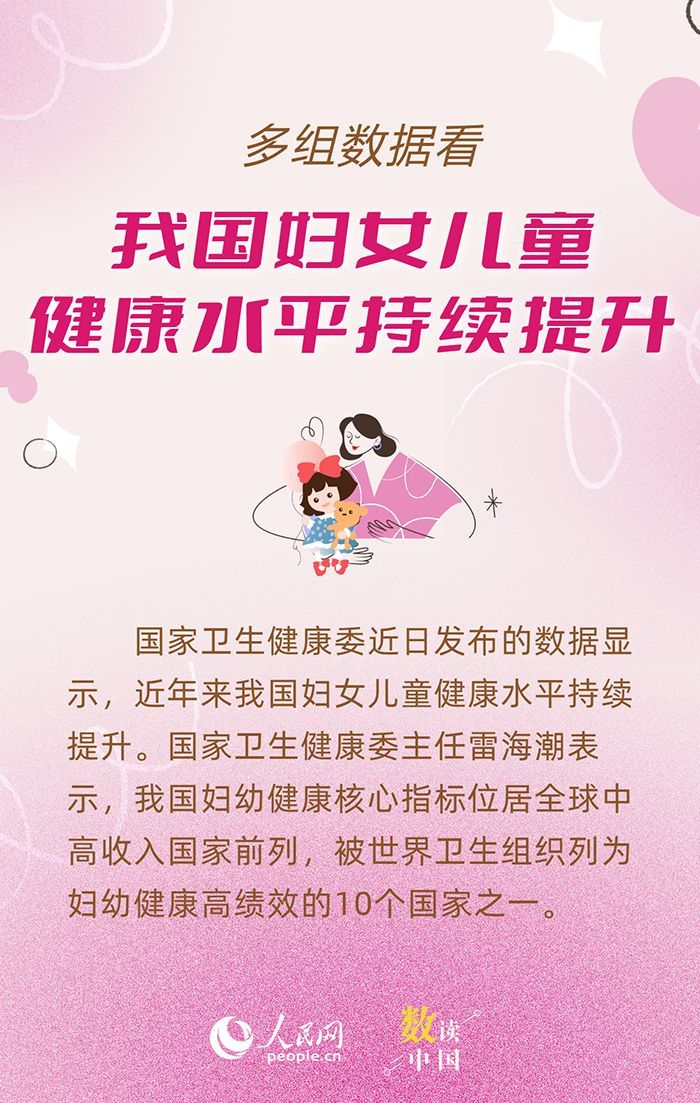 来历:人民日报、新华社、光明日报。
...[详细]
来历:人民日报、新华社、光明日报。
...[详细]
-
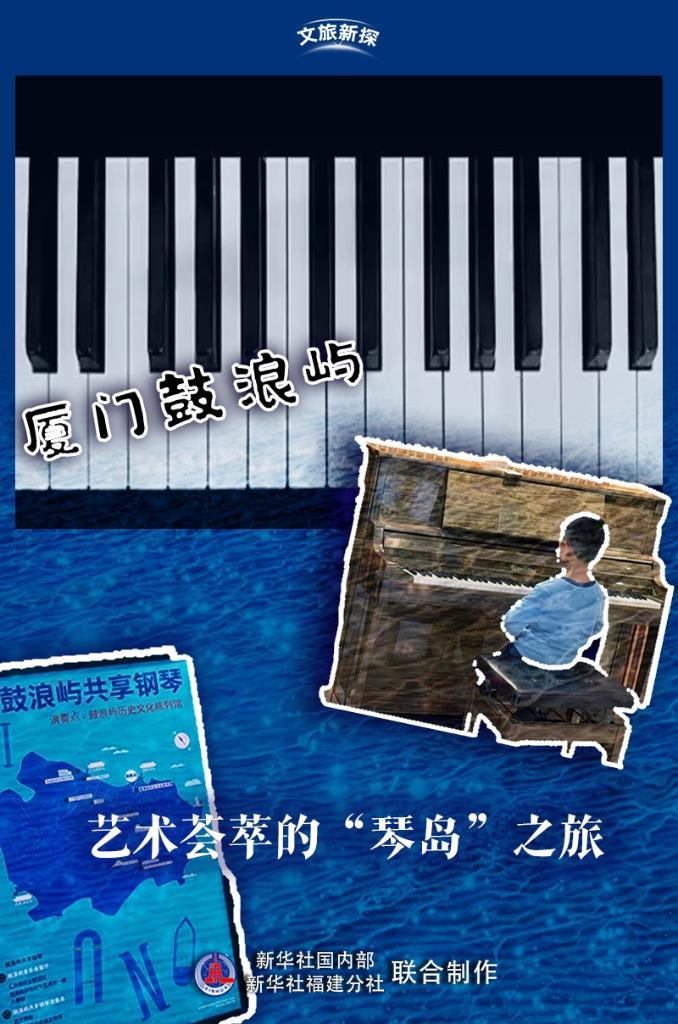 新华社厦门4月28日电。 题:厦门鼓浪屿:艺术荟萃的“琴岛”之旅 。新华社记者颜之宏。“哇!弹得太棒了!”一曲《a小调幻想曲Leaf》完毕后,人群中响起一阵喝彩声,6岁的演奏者今阳也礼貌地回身向围观的
...[详细]
新华社厦门4月28日电。 题:厦门鼓浪屿:艺术荟萃的“琴岛”之旅 。新华社记者颜之宏。“哇!弹得太棒了!”一曲《a小调幻想曲Leaf》完毕后,人群中响起一阵喝彩声,6岁的演奏者今阳也礼貌地回身向围观的
...[详细]

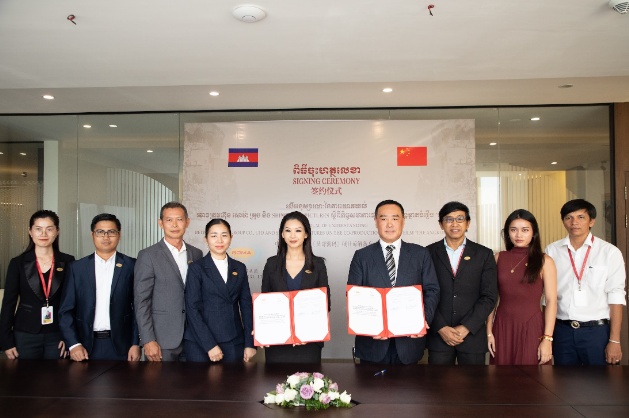 中柬合拍故事片《吴哥暗码》体谅备忘录在金边正式签署
中柬合拍故事片《吴哥暗码》体谅备忘录在金边正式签署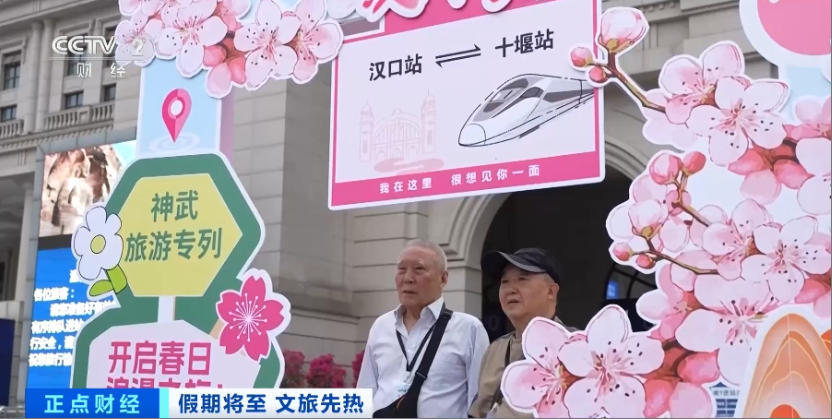 “慢游览”成文旅新风口!“银发专列”激活沿线城市文旅消费→
“慢游览”成文旅新风口!“银发专列”激活沿线城市文旅消费→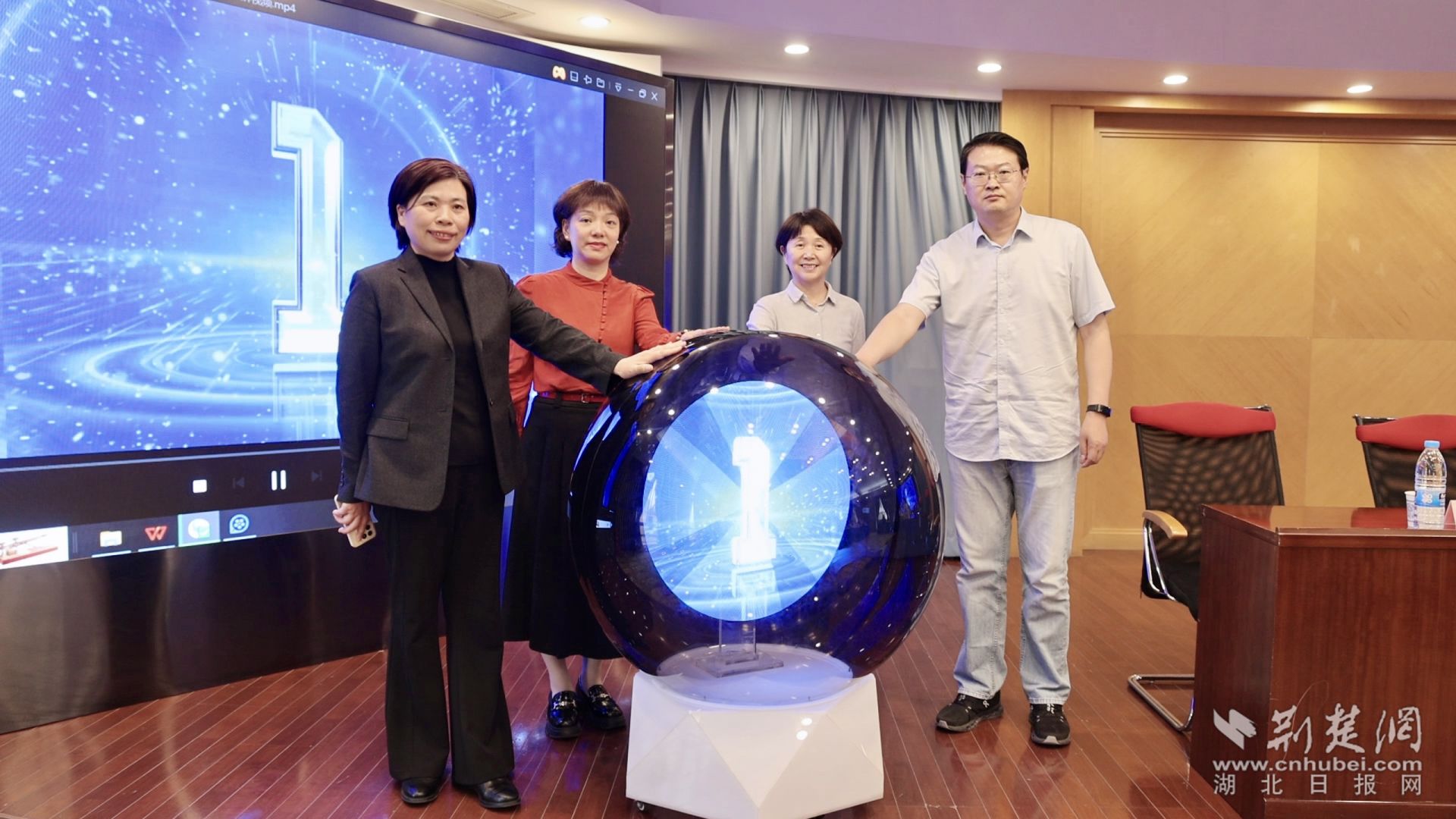 “五一”前夕 武汉30万工业员工迎来专属心思关爱渠道
“五一”前夕 武汉30万工业员工迎来专属心思关爱渠道 五一假日驾车去黄鹤楼记住提早预定 东湖景区部分路段分单双日通行
五一假日驾车去黄鹤楼记住提早预定 东湖景区部分路段分单双日通行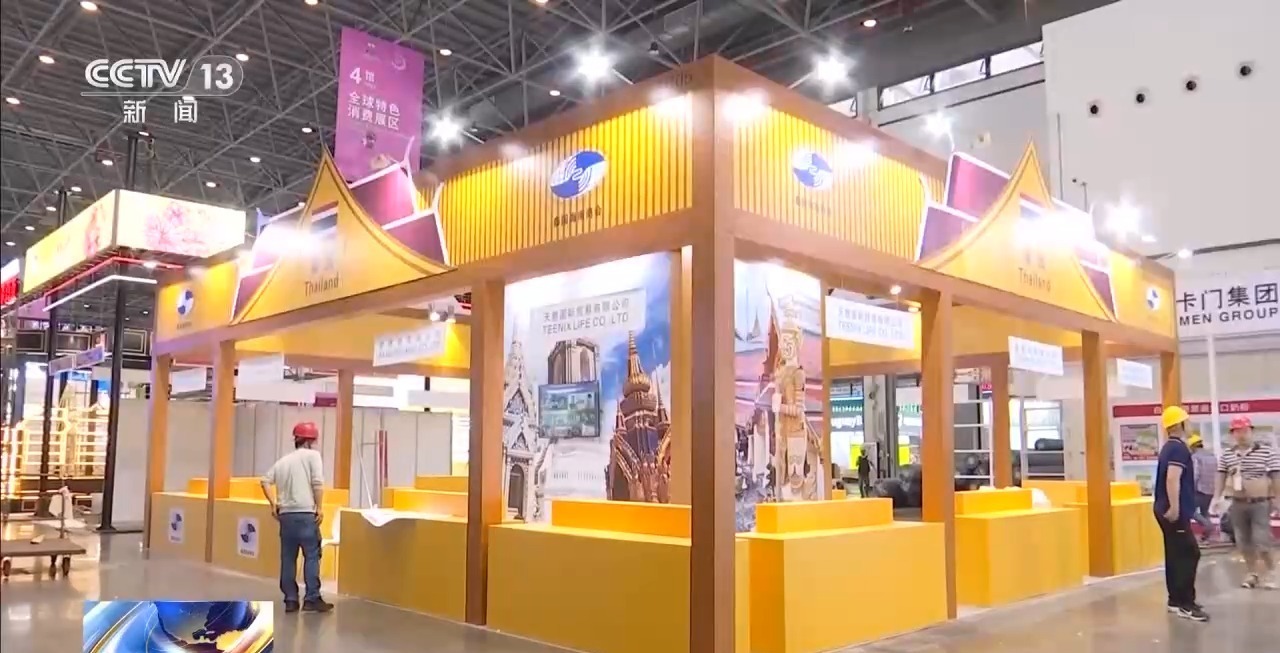 第五届消博会将于4月13日开幕 提早解锁各大展馆亮点
第五届消博会将于4月13日开幕 提早解锁各大展馆亮点